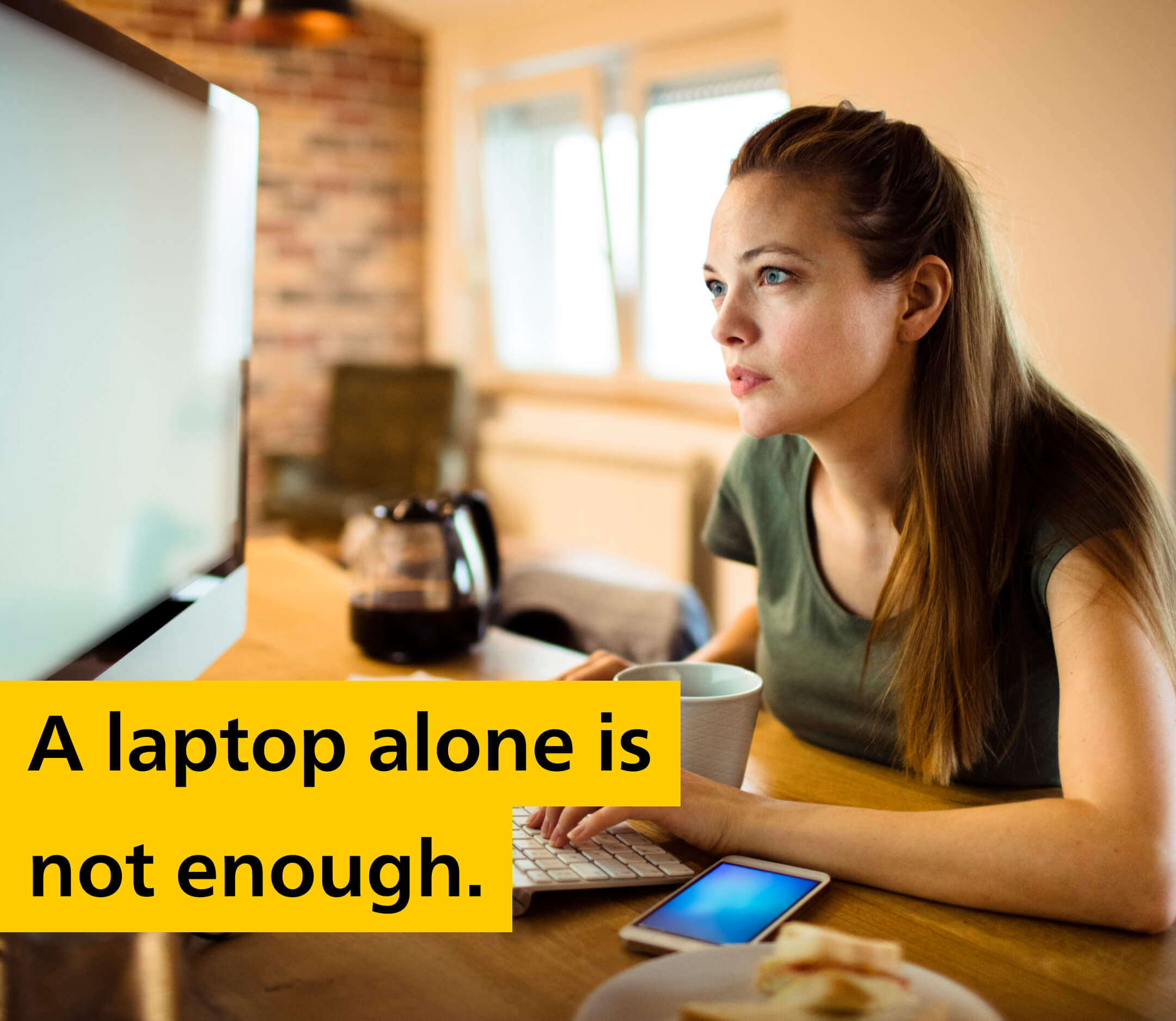Self-portrayal in the digital world: just how honest should you be?
There are often differences between the way we present ourselves in the digital world and in real life. But how strong is the influence of these methods of self-portrayal on our self-image? The younger generation in particular is most affected by this. Read on to find out how you can maintain an honest online identity.
Digital self-portrayal and its consequences
We all know how it goes: a new profile picture here, an edited photo there and, just like that, the digital version of me appears perfect. Self-portrayal on social media platforms like Instagram, Facebook and TikTok is pervasive and often impacts on our actual self-image more than we realise. Young people in particular, who grow up with these platforms, are under constant pressure to present a perfect image of themselves. But what happens when your digital identity and your real identity start to drift further and further apart?
You should subscribe to the ePost easyLife Academy to stay up to date.
The “virtual self” phenomenon
The “virtual self” phenomenon refers to the idea that users create an idealised version of themselves. Perhaps you only post the most aesthetically pleasing holiday pics, the best party moments and the biggest successes. Anything that doesn’t fit into this perfect image won’t make the cut. However, this can mean that you start to view yourself through a more critical lens and become more unhappy, as you’re constantly chasing after your own high expectations.
Tips for your digital self-portrayal
- Authenticity before perfection
- Set realistic expectations
- Adopt a conscious approach to social media
- Regular self-reflection
- Open communication about the pressures of social media
Effects on the younger generation
It’s not controversial to say that the younger generation is most profoundly impacted by these trends. Teenagers and young adults who have grown up with social media often experience heightened pressure to survive in the digital world. The constant flood of perfectly staged pictures and success stories can lead them to feel that their own lives are inadequate. Studies show that this can even cause young people to develop low self-esteem and depression.
Examples from everyday life
Picture 17-year-old Lea, who shares her experiences every day on Instagram. She spends hours trying to take and edit the perfect shot. However, the reality looks a lot different: she often spends her weekends alone, feeling increasingly isolated and that she can’t keep up. Another example is Lukas, who presents himself on social media as a successful fitness coach even though, in reality, he’s only just started his training. The discrepancy between the life he presents online and his reality puts him under enormous pressure.
Your guide to an honest online identity
- Authenticity before perfection: Show your true side. It doesn’t always have to be the perfect moments.
- Realistic expectations: Remember that no-one leads the perfect life – neither offline nor online.
- Be a conscious consumer: Limit your time on social media and follow accounts that inspire you or motivate you instead of pressurising you.
- Self-reflection: Ask yourself why you are posting certain content and how you feel about it on a regular basis.
- Open communication: Speak to your friends and family about your feelings and discuss the pressure that social media creates.
More authenticity in the digital world
Don’t forget: no-one is perfect – and why should it be any different? Whether it’s online or offline, always be true to yourself. This not only reinforces your self-confidence, but it also inspires others to be more authentic in the digital world.
Note: This article is part of the “Digital identity” series.
You May Also Like
These Related Stories

Clear and useful information about intellectual property, freedom of opinion and data protection

What you should pay attention to when setting up your home office

No Comments Yet
Let us know what you think